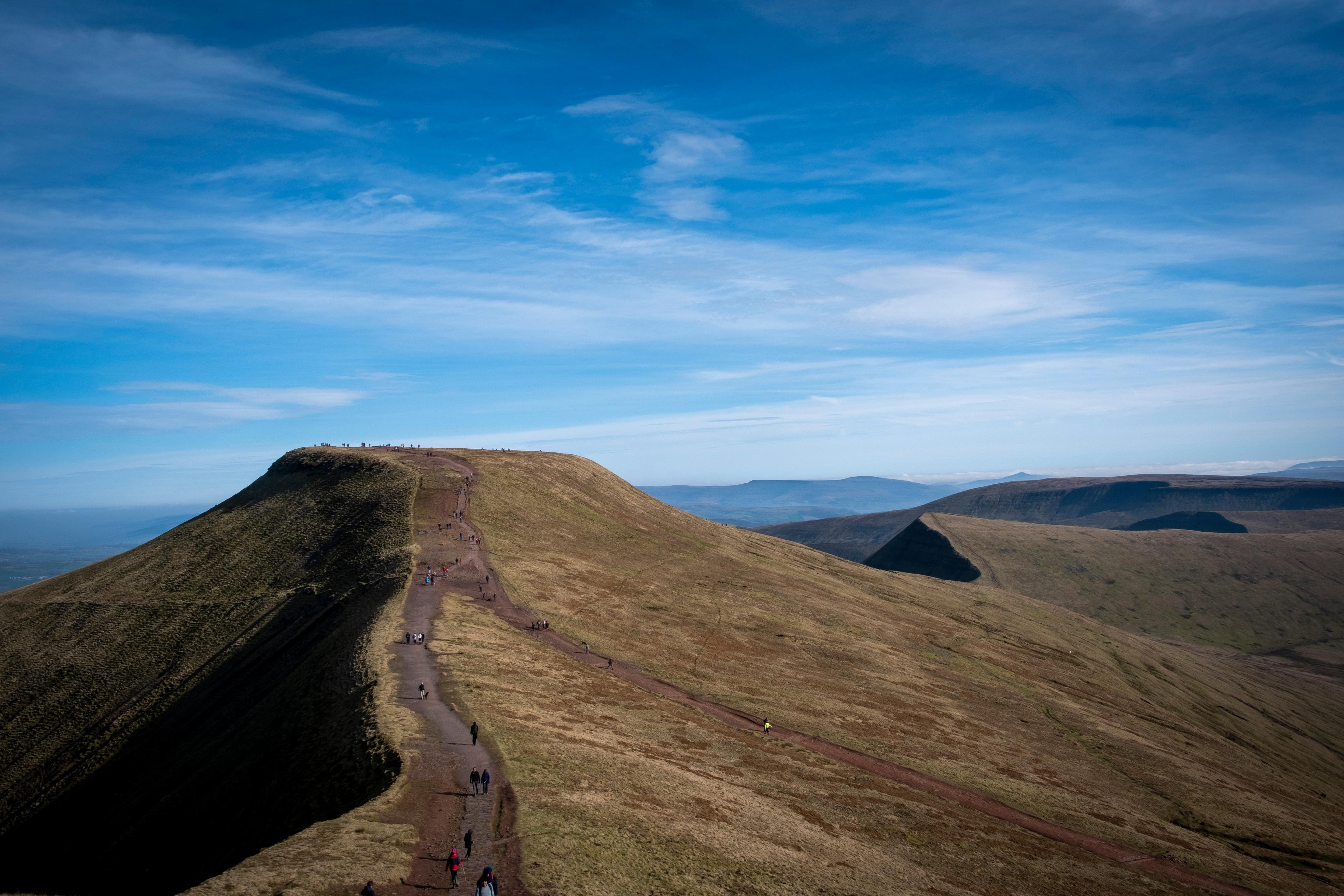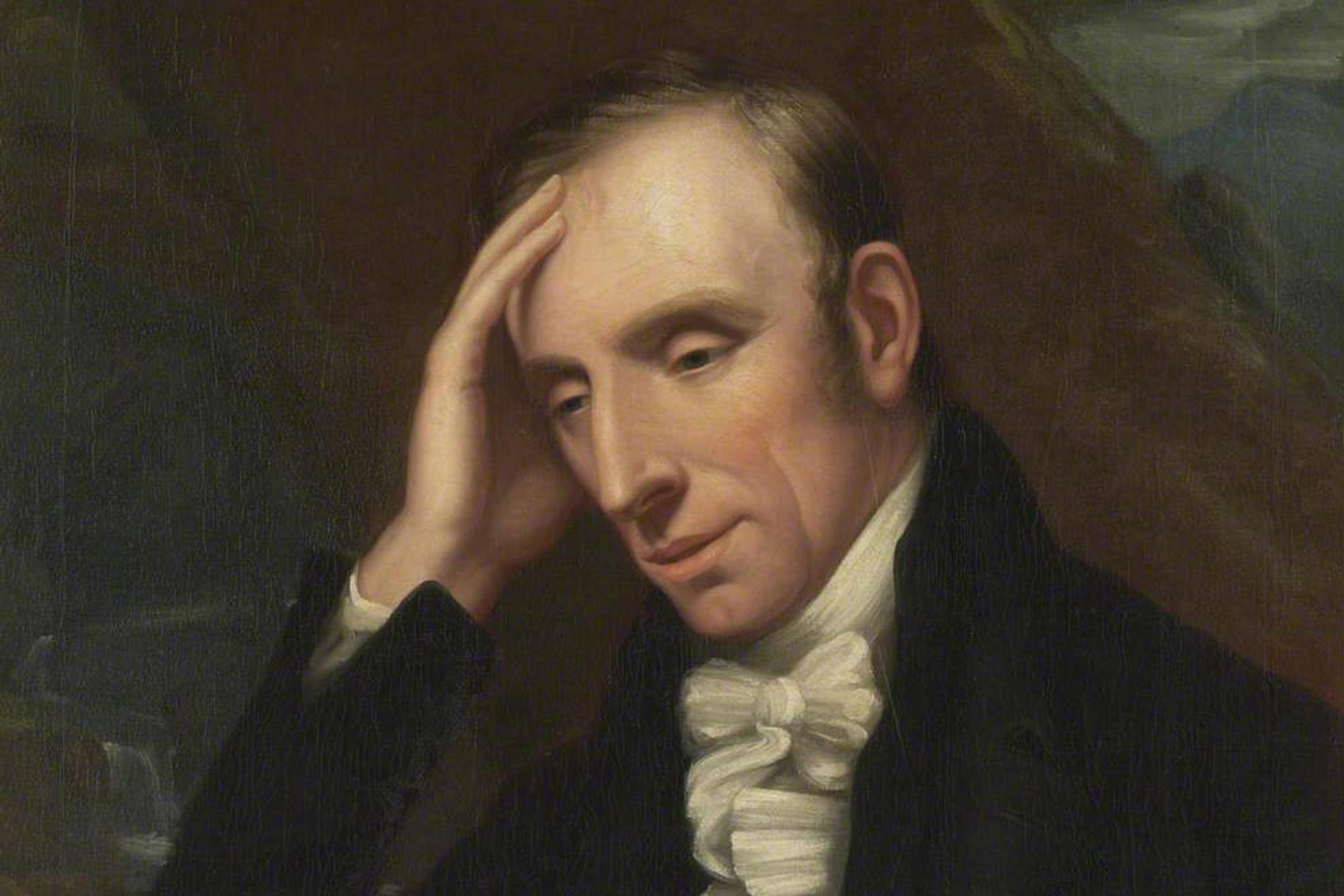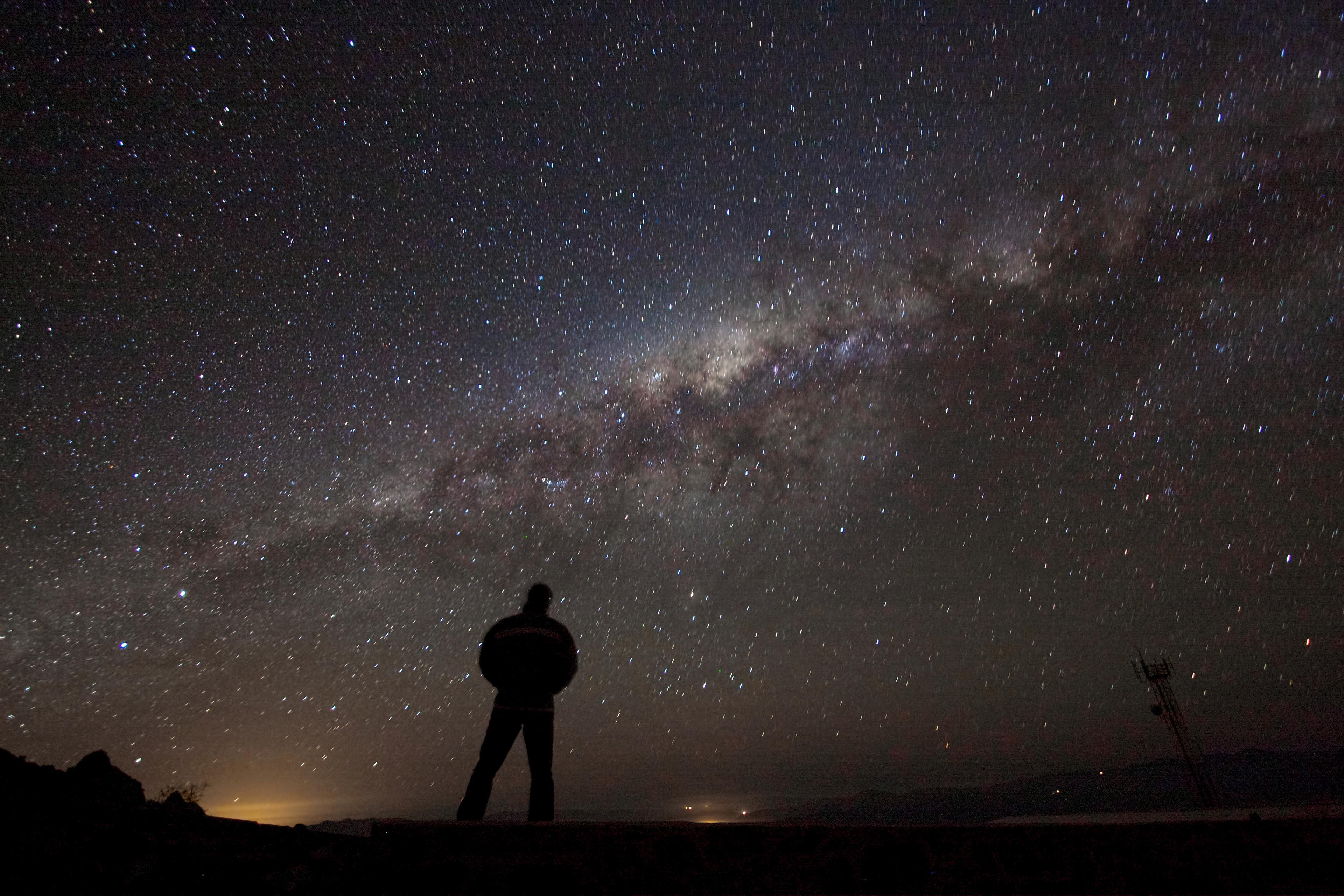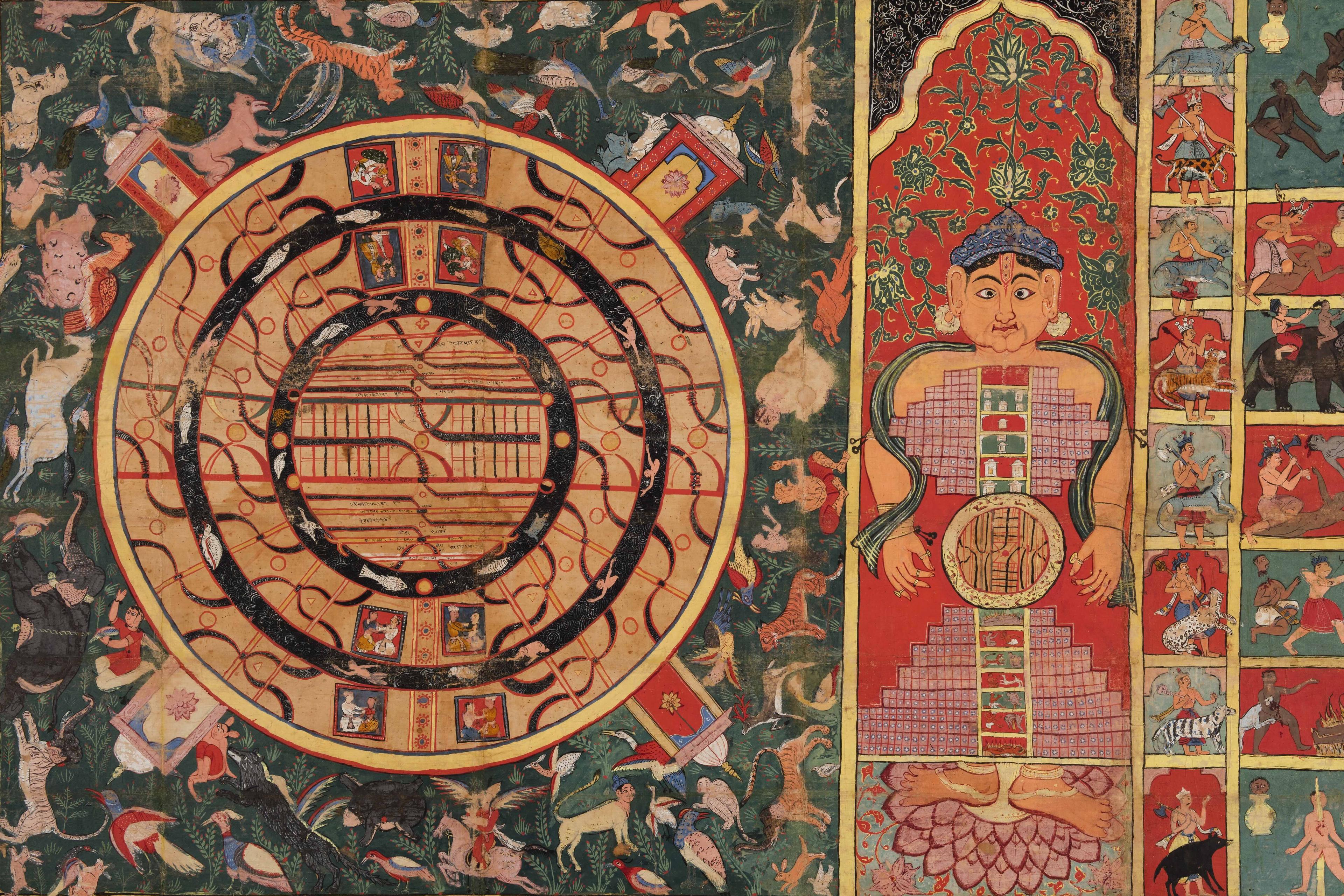Last September, I took part in a ‘Deep Time Walk’: a 4.6 km hike through the Welsh countryside, mirroring 4.6 billion years of Earth history. As the kilometres passed, our guide took us from the Precambrian to the Holocene, stopping periodically to share pivotal moments: life’s origin, cataclysmic bombardments, mass extinctions. Every metre we stepped was a million years.
In the last moments of the walk – our legs well exercised by this point – our guide pulled out a tape measure. The last 30 cm of the 4.6 km, he explained, represent Homo Sapiens. The final half-centimetre? Recorded human history. And right at the end, some of humanity’s most consequential events – the invention of the printing press, the Renaissance, the Industrial Revolution – could all squeeze into the final millimetre. After walking for kilometres through Earth’s past, I felt a sublime smallness, but also awe.
A growing body of research suggests there are myriad psychological benefits to feeling small in the face of nature’s vastness: it dampens the ego, and can foster feelings of humility, reciprocity and generosity. Most of these studies have focused on the physical world – boundless landscapes or the enormity of the cosmos, for instance – but one recent paper, by Matthew Hornsey and colleagues, showed there are also upsides to experiencing smallness in time.
Rather than go on a walk, the researchers simply showed people a video that compressed the Universe’s 14-billion-year history into one year, then asked them to reflect on how human history and their lives fit within that story. The psychologists wondered if it might prompt thoughts of mortality, but the effects were actually positive: in particular, people reported greater self-forgiveness and lower anxiety.
Our time on Earth is short – and, from the planet’s perspective, we are just flashes of sunlight on a pond – but it turns out that embracing that fact could be good for you.












